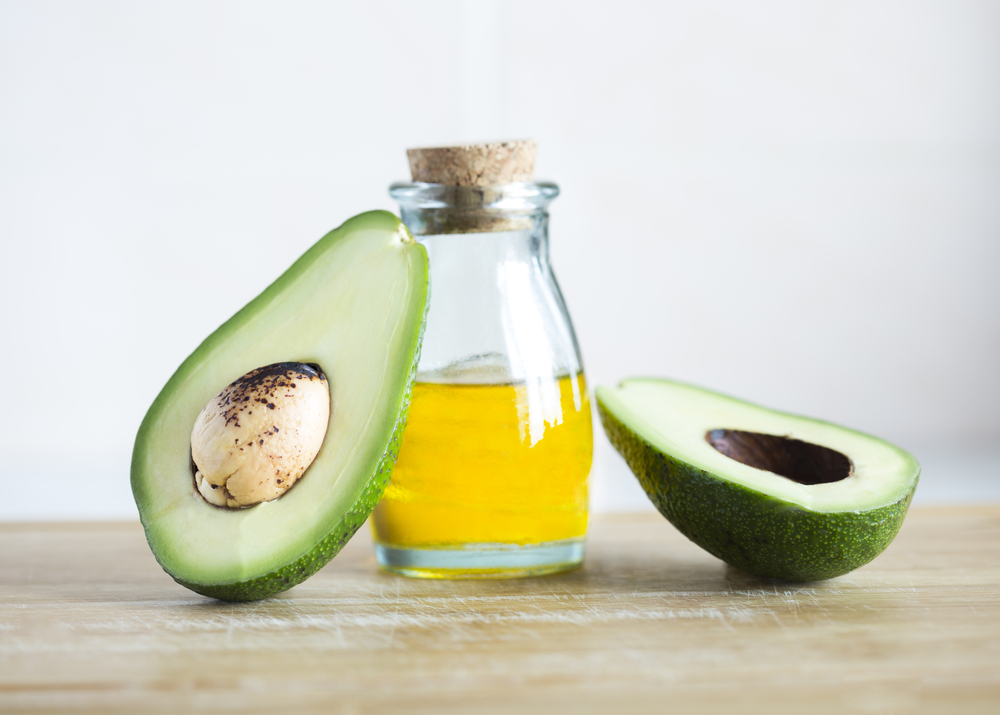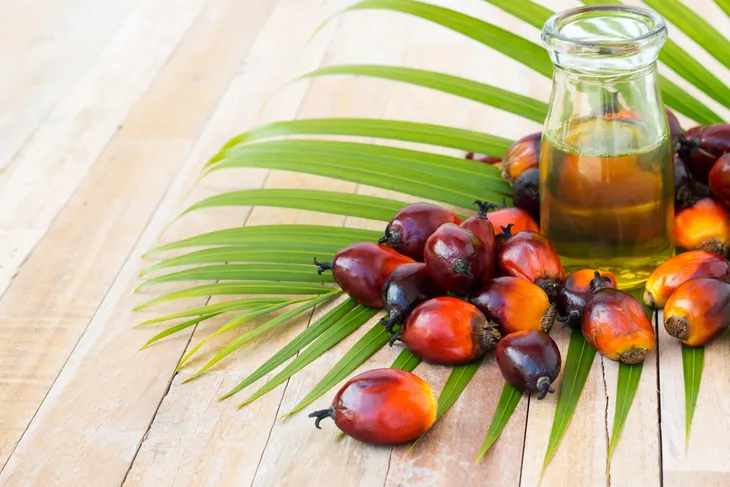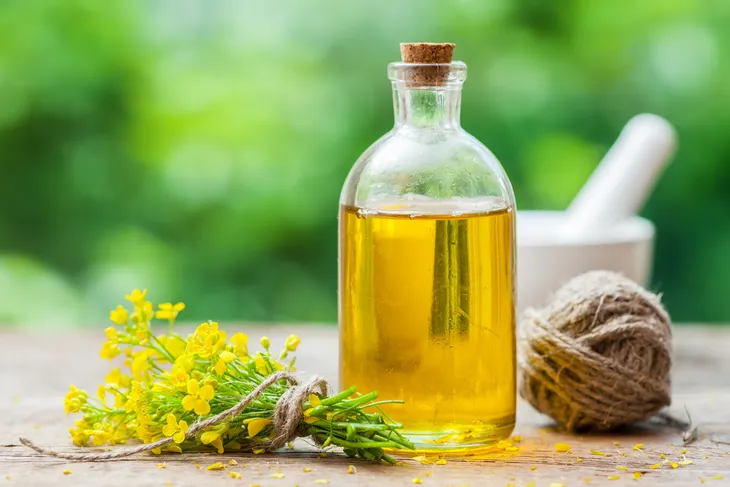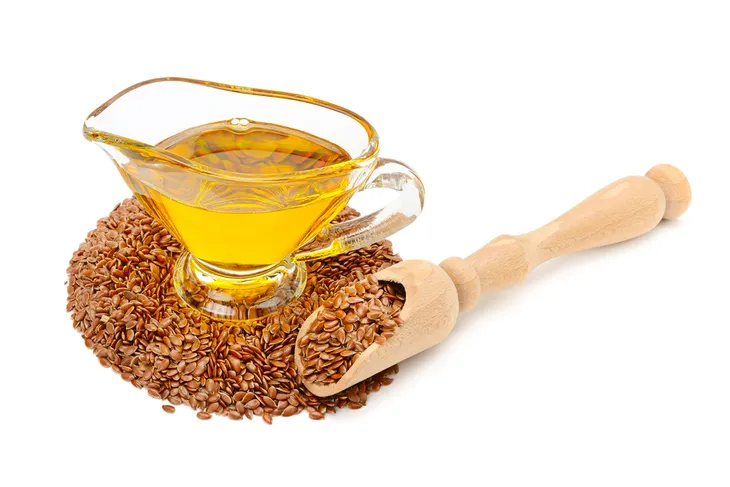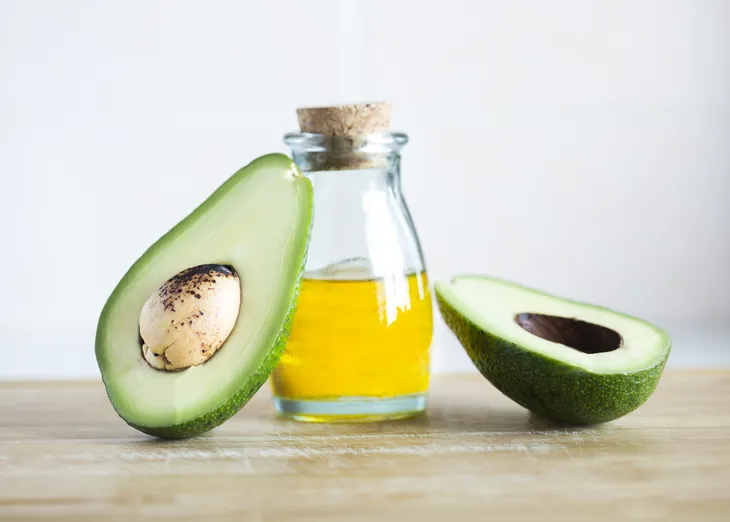People who cook on a regular basis know the importance of a good cooking oil. So many dishes and cooking styles demand the use of oil, whether to add flavour or simply prevent food from sticking. The question is, which types of oil are “good” for you, and which types should be used with caution?
In truth, all cooking oils contain calories and fat. Lots of fat. But in many cases that fat isn’t a bad thing, as certain types of fat can actually improve the functioning of certain organs and may even limit the chances of developing serious ailments. So, which types of cooking oil should you reach for the next time you go shopping for groceries? And which types should you think about leaving on the shelf?
Coconut Oil
One of the most popular new types of cooking oil is coconut oil. But coconut oil does come with a touch of controversy because it contains ample amounts of saturated fat, which many health experts consider a serious contributor to the development of high blood pressure, cholesterol, and heart disease.
That said, coconut oil also contains a lot of what many dietitians call “medium-chain fatty acids,” which are harder for the body to convert to fat than most sources of saturated fat. So, while coconut oil may not have the same negative impact of vegetable oil or palm oil, it’s best to limit your consumption of it.
Palm Oil
Many restaurants use palm oil to prepare their dishes for one important reason: it’s relatively cheap. In a business where profit margins can be razor thin, that’s hugely important. It also helps that palm oil has a fairly neutral taste, meaning it won’t impact the flavors a chef is searching to create.
Unfortunately, there’s a good reason for palm oil being so cheap: it’s very high in saturated fat, and not the so-called medium-chain fatty acids found in coconut oil. For these reasons, it’s a good idea to avoid buying palm oil for home use. Instead, give olive oil and canola oil a try — they contain ample amounts of the much healthier monounsaturated fats.
Vegetable Oil
Often labeled “partially hydrogenated” because it’s made using soybean or cottonseed, vegetable oil is another cooking oil that should be used in moderation. That’s because partially hydrogenated vegetable oils can often contain trans fats, which have been shown to increase one’s chances of developing heart disease.
Trans fats are such a problem, in fact, that the Food and Drug Administration is requiring manufacturers of food products to remove them entirely. While this means trans fats could soon disappear, it’s possible partially hydrogenated vegetable oil will remain on store shelves for some time. Try to avoid buying them, if possible.
Olive Oil
Perhaps the most popular type of cooking oil today is olive oil, which is made using ripe olives. It’s considered the central actor in the increasingly popular Mediterranean diet, which is based on the consumption of lean protein like fish, fruits and vegetables, and a limited amount of carbohydrates.
So, what makes olive oil so special, from a health perspective? It contains monounsaturated fats, which have been shown to help lower cholesterol levels. This can help reduce the chances of developing heart disease, a major killer in North America. Olive oil also contains antioxidants, which can help fight inflammation. Julie Ching, registered dietitian says to be mindful of the label and purchase extra virgin olive oil and beware if it says “blend.” If it’s blended, it will likely have vegetable oil or another oil mixed in.
Canola Oil
If you’re looking for a strong alternative to olive oil, arguably the world’s most popular type of cooking oil right now, then look no further than canola oil. Because it’s not quite as trendy as olive oil, canola oil can often be acquired for less money than its equally healthy counterpart.
Like olive oil, canola oil is very low in saturated fat and high in monounsaturated fats that can actually help fight inflammation and lower cholesterol levels. With that in mind, the Food and Drug Administration has declared that roughly one and a half tablespoons of canola oil each day can actually reduce the risk of developing coronary heart disease. And if you’re looking for a reason to go with canola oil over olive oil, note that the former has a higher smoke point, meaning it works better when cooking at higher temperatures.
Flaxseed Oil
If you’ve read up on the benefits of omega-3 fatty acids, then you know that foods with them can help improve heart and brain functionality and may limit the risk of developing heart disease. On top of that, omega-3s can help fight inflammation, potentially lowering the risk of cancer while limiting the impact of arthritis. And one great way to get your daily supply of omega-3 fatty acids is to use flaxseed oil for your cooking.
That said, there are some drawbacks to using flaxseed oil. For one, it’s harder to find than more popular cooking oils, like vegetable or canola oil. Second, it’s not particularly great when heated, so its primary uses will be in colder dishes like salads. Finally, it can be significantly more expensive than some other types of oil.
Avocado Oil
If you’re looking for a type of food loaded with healthy monounsaturated fats, look no further than the simple avocado, which has been shown to help lower cholesterol levels in addition to helping boost the body’s absorption of crucial nutrients. Given this fact, it makes sense for health-conscious individuals to do at least some of their cooking using avocado oil, which is becoming increasingly popular. Avocado oil also boasts a high smoke point, meaning it can be used when cooking at high temperatures — such as when stir-frying vegetables.
If there are any drawbacks to avocado oil, they are similar to the disadvantages of using flaxseed oil; specifically, they’re less popular than vegetable, olive, or canola oil, and for that reason may be both harder to find and more expensive.
